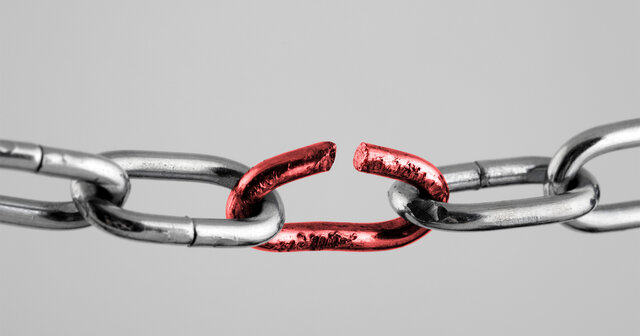
When the American founders declared their break with Great Britain by penning the Declaration of Independence, they justified their action by appealing to human rights. Each year, we rightly celebrate their courage through Independence Day activities, including parades and firework displays. Preceding July 4, though, is another milestone in American history. On Juneteenth, we remember the end of slavery in this country and what it meant to bring to life the promises of the declaration. Freedom, if it means nothing else, means the end of slavery, or the condition of being owned by another.
“Juneteenth” is a portmanteau of “June 19,” or specifically, June 19, 1865. That’s the day some 250,000 slaves in Texas were freed when the Union Army arrived and started to enforce Abraham Lincoln’s Emancipation Proclamation. Lincoln had declared that as of Jan. 1, 1863, most enslaved persons in the United States would be “forever free.” But freedom did not come to enslaved Texans until nearly two months after General Robert E. Lee, commander of the Confederate Army, surrendered at Appomattox, Virginia. News, and the army, did not travel as quickly then.
The day quickly entered American culture. “Large celebrations on June 19 began in 1866 and continued regularly into the early 20th century,” according to the Texas State Library and Archives Commission. Observances spread from Texas to other states, and in 1980 Texas became the first state to make Juneteenth an official holiday. Congress and President Joe Biden made it a federal holiday in 2021.
By the end of 2019, nearly all states — 47 — had recognized the day in some way, according to the Congressional Research Service, though not every state made it a paid holiday for public employees.
In 1776 the American Founders declared that “All men are created equal” and possess unalienable rights. Governments, they said, exist to secure those rights, including the right to liberty. The Constitution, which appeared 13 years later, was designed to “secure the blessings of liberty” promised by the declaration.
The newly freed individuals of 1865 had good reason to celebrate when the nation stopped using the force of law to keep them enslaved. But since Juneteenth celebrates freedom, its value extends to all who care about the promises of the Declaration of Independence and liberation from tyranny.
Human progress is possible, not only in material conditions but in social ones. The United States has never been a perfect country. Being inhabited by humans, it never will be. On this Juneteenth, we should be humble and acknowledge our shortcomings, strive to establish the Constitution’s “more perfect union,” and be grateful for what we have accomplished thus far.
Permission to reprint this blog post in whole or in part is hereby granted, provided that the author (or authors) and the Mackinac Center for Public Policy are properly cited.
Get insightful commentary and the most reliable research on Michigan issues sent straight to your inbox.

The Mackinac Center for Public Policy is a nonprofit research and educational institute that advances the principles of free markets and limited government. Through our research and education programs, we challenge government overreach and advocate for a free-market approach to public policy that frees people to realize their potential and dreams.
Please consider contributing to our work to advance a freer and more prosperous state.

Donate | About | Blog | Pressroom | Publications | Careers | Site Map | Email Signup | Contact